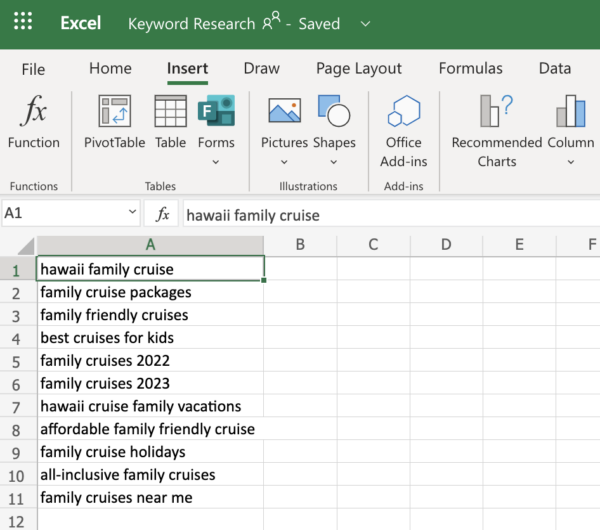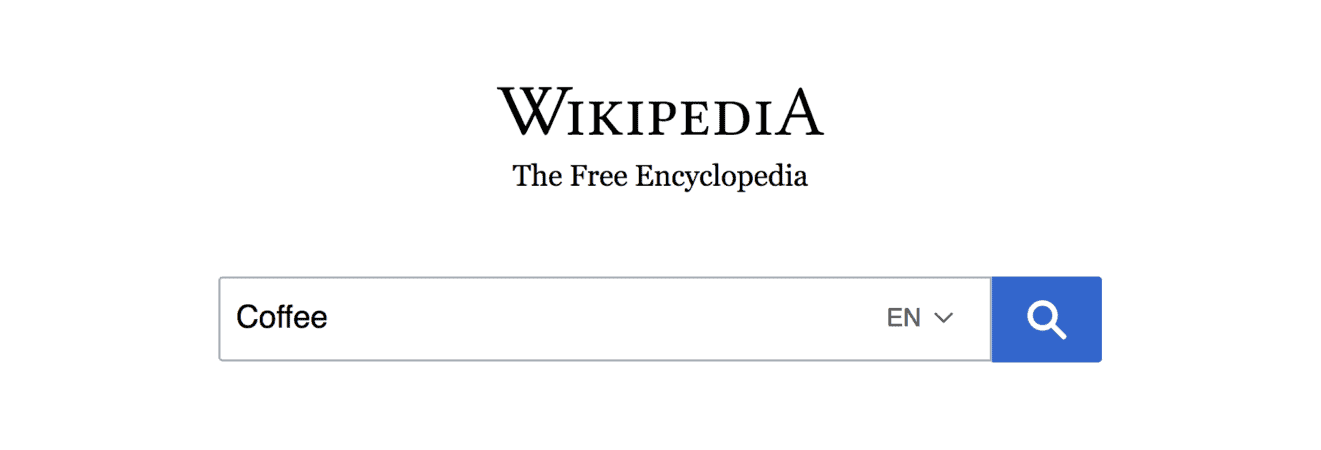Keyword Research and Optimization: Unlocking the Secrets of Search Success
In the ever-evolving landscape of digital marketing, keywords remain the cornerstones of success. They are the bridges connecting your website with your target audience, the invisible threads woven into the fabric of search engine algorithms. But mastering the art of keyword research and optimization is no easy feat. It demands a keen understanding of user intent, meticulous research, and strategic implementation.
The Power of Keywords:
Imagine your website as a hidden treasure chest, overflowing with valuable information and enticing products. However, without a map or key, your target audience will never discover its riches. Keywords act as the map, guiding users directly to your doorstep. They are the search queries typed into search engines, the questions asked, and the desires expressed by potential customers. By understanding and optimizing for relevant keywords, you unlock the door to increased website visibility, boosted traffic, and ultimately, greater success.
1. Unveiling the Search Intent:
Keyword research begins with understanding the search intent. What are your target audience searching for? What information do they seek? What problems are they trying to solve? By delving into the minds of your potential customers, you can identify the keywords that resonate with their needs and desires.
There are three primary types of search intent:
Informational: Users are seeking information and answers to specific questions.
Navigational: Users are looking for a specific website or webpage.
Transactional: Users are ready to make a purchase or take a specific action.
2. Why is keyword research important?
Keyword research is the foundational step to effective SEO. It helps you:
Identify opportunities: Which keywords have a high search volume and low competition?
Inform your content strategy: What topics should you focus on to attract organic traffic?
Optimize your website: Where and how should you integrate your target keywords?
3. How to conduct keyword research:
There are several tools and techniques available for keyword research, both free and paid. Here are some of the most effective:
1. Brainstorm: Start by brainstorming a list of keywords relevant to your business. Consider the products or services you offer, the problems you solve, and the needs of your target audience.
2. Use keyword research tools: Utilize free tools like Google Keyword Planner, SEMrush, and Ahrefs to discover search volume, competition level, and related keywords.
3. Analyze your competition: Research the keywords your competitors are ranking for and identify opportunities to outperform them.
4. Look at long-tail keywords: Focus on longer, more specific keyword phrases that have lower competition and higher conversion rates.
5. Stay updated: Keep up with industry trends and emerging keywords to maintain your competitive edge.

4. Steps to Successful Keyword Research
1. Identifying Seed Keywords:
Start by brainstorming seed keywords related to your business or industry. Tools like Google Keyword Planner, SEMrush, or Ahrefs can assist in generating initial ideas.
Example: For a fitness blog, seed keywords could include "healthy recipes," "workout routines," or "weight loss tips."
2. Expanding Your Keyword List:
Use keyword research tools to expand your list and discover related terms. Long-tail keywords, in particular, can offer valuable insights into specific user queries.
Example: Expand "workout routines" to include long-tail variations like "home workout routines for beginners" or "30-minute cardio workouts."
3. Assessing Search Volume and Competition:
Evaluate the search volume and competition level for each keyword. Aim for a balance between high search volume and manageable competition.
Example: A term like "best fitness apps" might have high search volume, but the competition may be fierce. Consider variations like "top fitness apps for beginners."
5. Optimizing your website for keywords:
Once you have identified your target keywords, it's time to integrate them into your website strategically. Here are some key areas to focus on:
1. Title tags: These are the headlines displayed in search engine results pages (SERPs). Include your main keyword in each title tag and keep it concise and relevant.
7. Content body: The actual text of your web page where you should naturally incorporate your target keywords without keyword stuffing.
6. Using Wikipedia for Keyword Research

Stuck in a keyword rut? Forget expensive tools and endless brainstorming sessions. Wikipedia, the online encyclopedia giant, holds a treasure trove of valuable keyword insights, just waiting to be unearthed. But how do you navigate its labyrinthine halls to find the keywords that fuel your SEO success? Follow these simple steps:
1. Dive into Relevant Topics:
Start by exploring Wikipedia pages related to your niche. Use the search bar or browse categories to find pages with high relevance to your target audience.
2. Mine the "See Also" Section:
This hidden gem under each Wikipedia page reveals a goldmine of related topics, providing a rich vein of long-tail keywords and niche variations.
3. Analyze Headings and Subheadings:
These structure elements often hold precise terminology used within your niche. Pay attention to the words and phrases that pop up repeatedly.
4. Uncover Related Searches:
At the bottom of some Wikipedia pages, you'll find a "Related Searches" section. This showcases queries people searched for alongside the current page, offering valuable insight into user intent and keyword variations.
5. Explore External Links:
Wikipedia cites credible sources. Analyze the websites and articles linked to, as they likely cover similar topics and use relevant keywords.
Bonus Tip: Use a keyword research tool like Google Keyword Planner or Ahrefs to analyze the search volume and competition for the keywords you discovered on Wikipedia.
Remember:
- Quality over Quantity: Focus on keywords with high search intent and relevance to your target audience.
- Go Beyond the Obvious: Don't just grab the main topic keyword, delve into the nuanced phrases and long-tail variations.
- Be Natural: Integrate keywords organically into your content, avoiding forced keyword stuffing.
By wielding these simple techniques, you can transform Wikipedia from a mere information platform to a powerful keyword research tool. So, unlock its SEO potential, unearth hidden gems, and watch your content rise to the top of search results!
Word count: Approximately 270
Note: This blog emphasizes organic and ethical keyword research methods using Wikipedia. Always prioritize content quality and user intent over keyword manipulation.
7. Keyword Research Tools:
Once you have a grasp of the search intent, it's time to embark on the research journey. A plethora of powerful tools exists to guide you on this path:Google Keyword Planner: This free tool provides insights into search volume, competition, and keyword suggestions.
SEMrush: This comprehensive platform offers advanced keyword research features, including keyword difficulty and traffic estimates.
Ahrefs: Another powerful toolset offering detailed keyword analysis, competitor research, and backlink analysis.
Moz Keyword Explorer: This tool provides valuable data on keyword difficulty, search volume, and organic click-through rate (CTR).
8. The Art of Keyword Optimization:
With your research complete, it's time to implement your findings. Keyword optimization involves strategically incorporating your chosen keywords into the various aspects of your website:Website Content: Include your keywords naturally throughout your website content, including blog posts, product descriptions, and meta descriptions.
Page Titles and Meta Descriptions: Optimize your page titles and meta descriptions with relevant keywords to improve search engine ranking and user click-through rates.
Image Alt Text: Add descriptive alt text to your website images, including relevant keywords for improved accessibility and search engine visibility.
Internal Linking: Link relevant pages on your website using targeted keywords to improve user experience and website structure.
9. The Journey Beyond:
Keyword research and optimization are not one-time events. They are ongoing processes requiring continuous monitoring and adaptation. Here are some key considerations for long-term success:
Stay Updated with Trends: The digital marketing landscape continuously evolves, and so should your keyword strategy. Stay updated with the latest trends and adapt your keywords accordingly.
Focus on Quality: While search volume is important, focus on selecting high-quality, relevant keywords that align with your target audience and business goals.
Competition Matters: Analyze your competition and identify the keywords they are targeting. This will help you find opportunities to differentiate yourself and attract your target audience.
By following these tips and embracing a data-driven approach, you can unlock the full potential of keyword research and optimization. Remember, the journey to search engine success is continuous, but with dedication and the right strategies, you can watch your website rise above the competition and achieve remarkable results.
Bonus Tips:
- Utilize long-tail keywords, which are more specific and have lower competition.
- Consider local SEO if your target audience is geographically specific.
- Experiment with different keyword variations to see what performs best.
- Don't be afraid to adjust your keywords based on your research and performance data.
By incorporating these tips into your keyword strategy, you can take your website to the next level and achieve lasting success in the ever-evolving digital landscape.
.png)